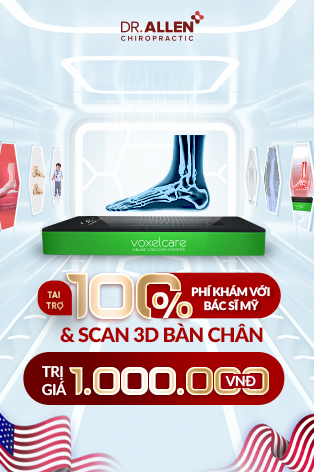The human spine is a complex structure, and disruptions to its delicate balance can often result in conditions such as herniated discs. This ailment can be highly painful and disruptive to daily life, leading many people to seek a variety of treatments to manage the pain and heal the disc. In this blog, we delve into the plethora of options, including medications, supplements, and methods designed to provide relief.
Medications
Steroids and Prednisone: Steroids, including Prednisone, are anti-inflammatory medicines often prescribed to reduce swelling and inflammation around the herniated disc. The typical dosage of Prednisone for a herniated disc can vary based on the patient’s condition, and it’s crucial to follow your doctor’s prescription to prevent potential side effects.
Meloxicam: Another nonsteroidal anti-inflammatory drug (NSAID), Meloxicam can help manage the pain and inflammation caused by a herniated disc. However, prolonged usage can lead to side effects like gastrointestinal issues.
Muscle Relaxants: These medications are typically used to alleviate muscle spasms that can accompany a herniated disc. They can help with pain relief but may also cause drowsiness.
Voltaren Gel: This is a topical NSAID gel that can be applied to the skin over the painful area, providing localized relief without the systemic side effects of oral NSAIDs.
Painkillers: Over-the-counter painkillers, such as ibuprofen, or prescription painkillers may be used in cases of severe pain. These should be used under the guidance of a healthcare professional due to their potential for side effects and dependency.
Supplements and Nutrients
Glucosamine: Often used in treating joint issues, there is some evidence to suggest that glucosamine may also provide some relief for herniated disc symptoms by promoting cartilage health. However, more research is needed.
Collagen: As the main protein found in our body’s connective tissues, supplemental collagen is believed to support disc health. Studies are ongoing to substantiate these claims.
Proteolytic Enzymes: These enzymes, which include bromelain and papain, can help reduce inflammation and promote healing. They’re typically found in certain foods and can also be taken as supplements.
Vitamin B12: This essential vitamin is involved in nerve function and health, so some people believe it can aid in the recovery of a herniated disc by supporting nerve health.
Supplements: Various other supplements like magnesium and omega-3 fatty acids may also be helpful. Always consult a healthcare professional before beginning any new supplement regimen.
Therapeutic Approaches
McKenzie Method: This physical therapy approach is designed to decrease pain caused by a herniated disc and prevent future episodes. It includes exercises and postural changes that aim to reduce pressure on the discs. While some patients find it helpful, its effectiveness can depend on the individual and the severity of their condition.
he management and treatment of a herniated disc is multifaceted, with a range of options available, from medicines to supplements and therapeutic exercises. While we have highlighted several potential treatments, it’s important to remember that every person’s situation is unique. Thus, a treatment that works for one person may not work for another. Always consult with a healthcare professional to devise a treatment plan that fits your specific needs and circumstances. Remember, proper diagnosis and treatment can help mitigate the pain and potential complications that come with a herniated disc.
Chiropractic Treatment for Herniated Discs
The approach of chiropractic treatment for herniated discs is typically holistic and patient-centered, aiming to provide relief without surgical intervention or drugs.
Spinal Manipulation: This is the most well-known chiropractic technique, also called chiropractic adjustment. The chiropractor applies a controlled, sudden force to the affected spinal joint, which may help to align the spine, improve spinal function, and alleviate pain. This technique, when done correctly by a professional, is considered safe but should not be performed if certain contraindications exist, like severe osteoporosis or spinal cancer.
Flexion-Distraction Technique: This is a gentle, non-thrust type of spinal manipulation often used for herniated disc treatment. The chiropractor uses a special table that distracts or stretches the spine, and by using a pumping action on the disc instead of direct force, the pressure on the disc can be reduced, leading to pain relief.
Pelvic Blocking Techniques: These methods involve placing cushioned wedges on the sides of the patient’s pelvis, along with gentle stretches. This can help move the disc away from the nerve, reducing inflammation and pain.
Physical Therapy Modalities: Many chiropractors also employ physical therapy techniques, such as ice and heat therapy, electrical stimulation, or ultrasound to reduce inflammation and muscle spasm associated with herniated discs.
Exercises and Lifestyle Modifications: A chiropractor can provide exercises tailored to the patient’s condition, which can help strengthen the spinal muscles and prevent further injury. They may also offer advice on posture and ergonomics to help prevent disc herniation in the future.











